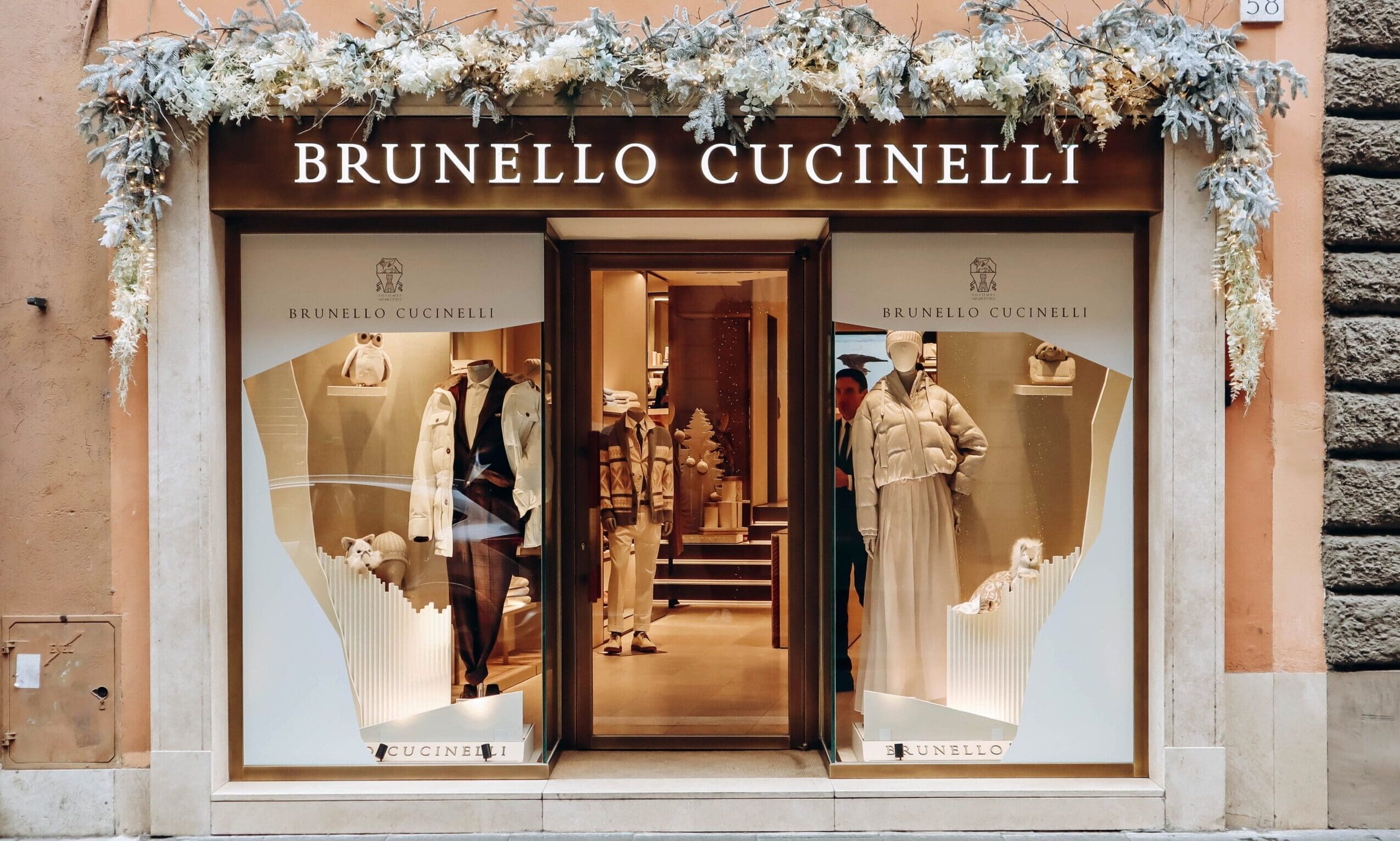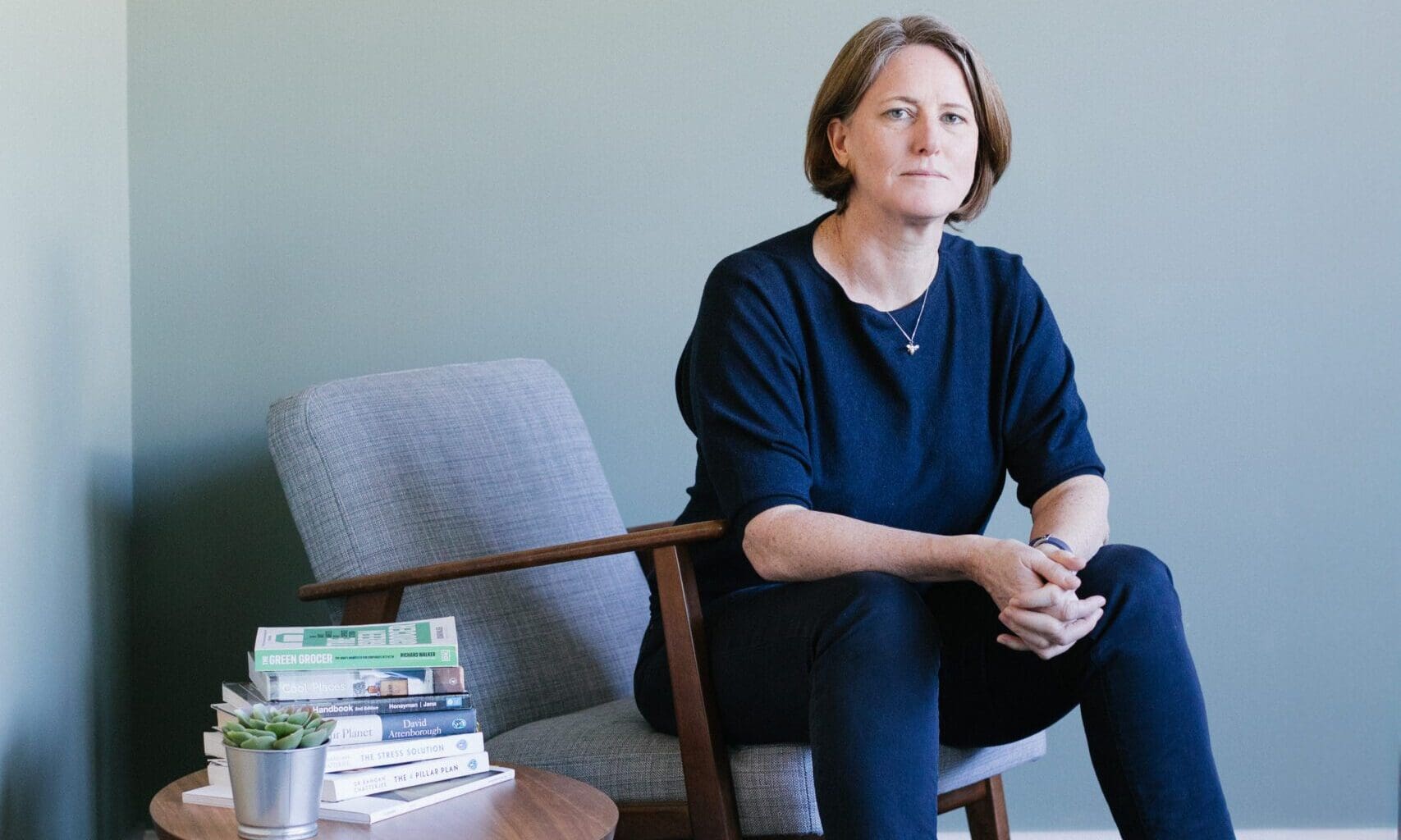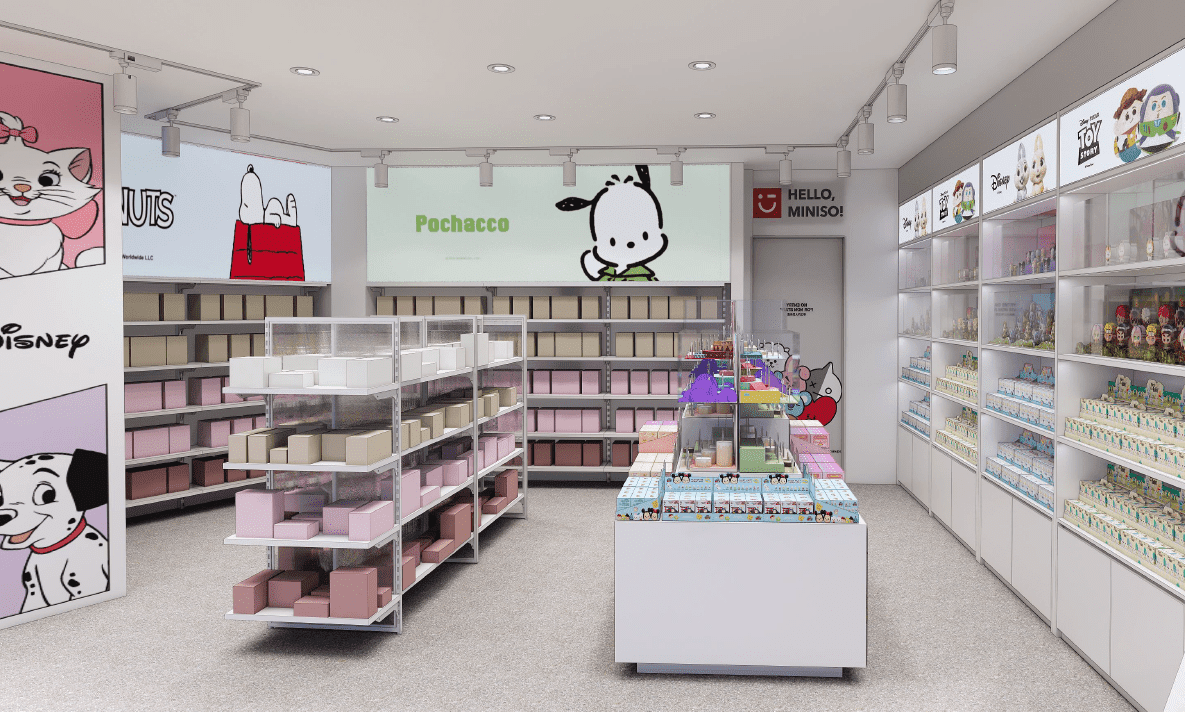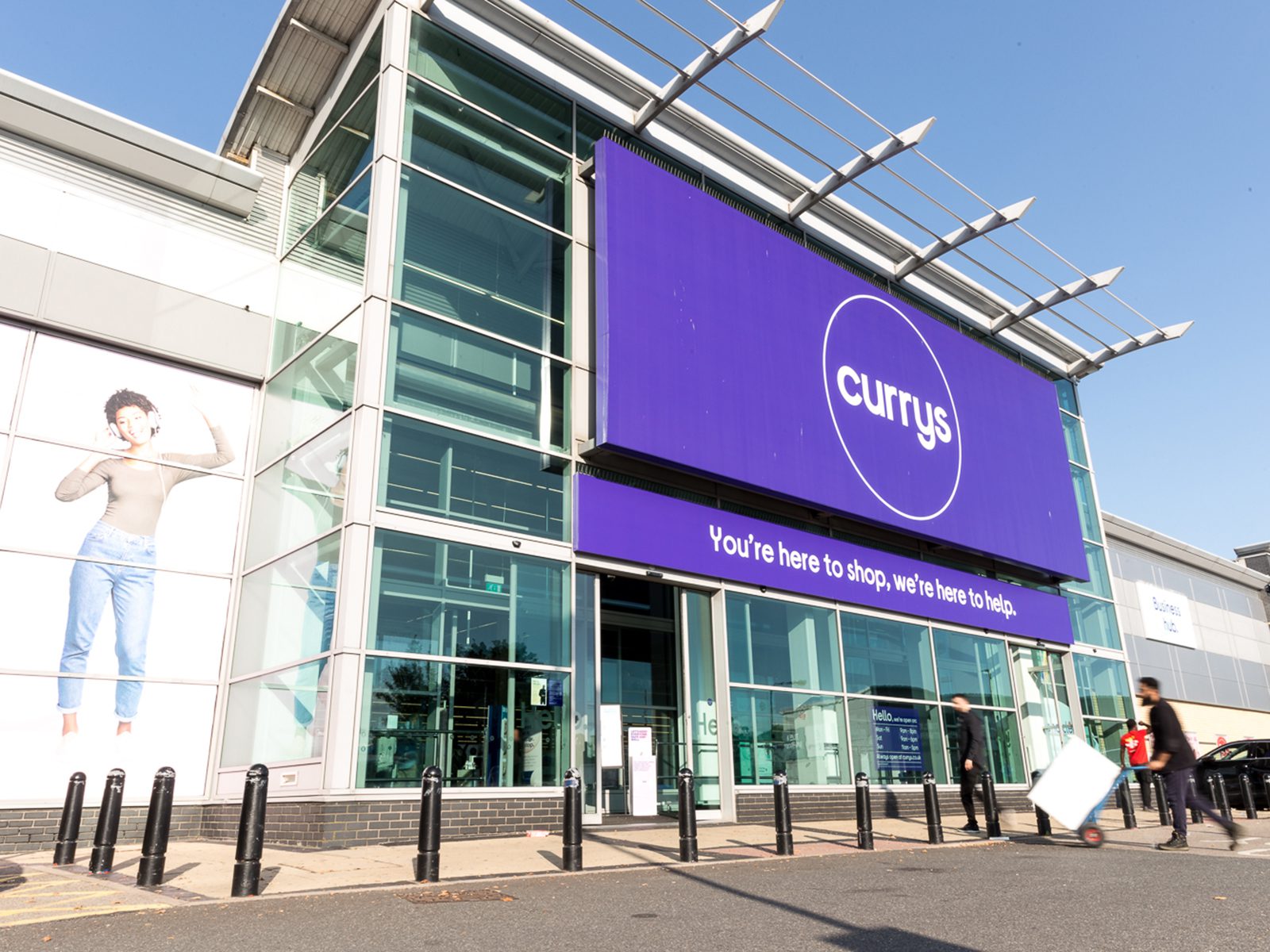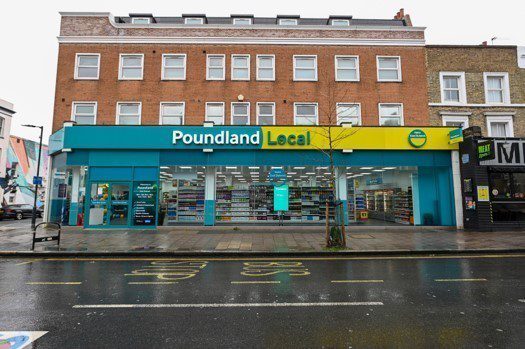Register to get 2 free articles
Reveal the article below by registering for our email newsletter.
Want unlimited access? View Plans
Already have an account? Sign in
When The Fine Bedding Company (FBC) was named Family Business of the Year in the Innovation category at this year’s Family Business United awards, it recognised more than a century of combining family heritage with forward-looking sustainability. The accolade marked a journey that began in Liverpool in 1912 and now spans UK and international retail supply chains. For Claire Watkin, the fourth generation to lead the business, it validated a long-standing family ethos: to innovate, adapt, and keep moving forward.
“Innovation has always been central to every generation of our family,” Watkin explains. “The focus is always, what can we do next? How can we differentiate and stay ahead of the competition? Each generation believes they’ve brought the best idea yet, and then the next one comes along and pushes it further.”
Family-owned firms face particular challenges – from succession planning to modernising operations without losing the essence of the business. FBC has navigated these demands while maintaining the values established by Watkin’s great-grandfather – community, durability, and doing things differently – which remain at the foundation of the company today.
The company’s story is marked by continuity. In Estonia, where FBC established operations 25 years ago, many of the local team have been with the business since the beginning. “Their stories remind us that tradition and innovation can go hand in hand,” Watkin says. “While the way we do things evolves, the principles remain constant.”
This combination of heritage and forward thinking has helped FBC stay resilient in a bedding market that continues to evolve rapidly.
The firm’s retail client list, including John Lewis and M&S, demonstrates its capacity to meet large-scale orders while maintaining quality standards. Sleep quality and durability remain fundamental consumer priorities, and FBC has invested heavily in designing products that perform consistently.
“Sleep is fundamental, so our focus is on creating products that perform exceptionally well,” says Watkin.
Alongside performance, sustainability has become a non-negotiable. “Clients expect products that last longer, are made from better materials, and are produced with minimal environmental impact. That means renewable energy, zero waste, and traceability right through the supply chain,” Watkin explains.
FBC’s Estonian Eco Factory, launched in 2020, is the cornerstone of its environmental strategy. At a time when many textile manufacturers were moving production to Asia, the business made a deliberate decision to stay closer to its UK market.
“Estonia appealed because of its strong environmental and community values,” Watkin notes. “We’re based in a rural community, so we’ve built ties with local schools to support skills development and show young people that textiles can be a modern, technology-driven industry.”
The factory runs on 100% renewable energy and recycles all of its waste, contributing to FBC’s certification as a B Corporation in 2022. Additional initiatives, such as beekeeping aligned with local biodiversity goals, reinforce its commitment to both community and sustainability.
In 2016, FBC was named Estonian Environmentally Friendly Business of the Year, an award that came with a cash prize the company reinvested in energy monitoring technology – a practical example of how it turns recognition into reinvestment.
The bedding industry has seen a flood of products labelled as eco-friendly, but Watkin stresses that sustainability is not a marketing bolt-on at FBC. It is embedded in R&D, alongside the goal of improving sleep.
Back in 2017 the business launched an eco duvet, but today more sustainable materials are standard across the product range. Its proprietary Smartfil fibre uses recycled plastic bottles, and more recently the company has been testing alternatives that move beyond plastic.
“Recycled bottles are a step forward, but not a long-term solution,” Watkin says. “So we test and develop new alternatives continuously.” One such innovation is Honeyfoam, a pillow material made from part bio-waste foam. Developed with a specialist partner, it has a carbon footprint around 50% lower than traditional foam and is just entering UK stores.
Other innovations include the Return to Nature range, designed to biodegrade at the end of its life, and Smartdown, which replicates the feel of natural down while reducing environmental impact. For retail buyers under pressure to demonstrate ESG performance, these products provide measurable benefits through certifications and reduced lifecycle impact.
Like most suppliers, FBC faces industry headwinds. Costs are rising across labour, recruitment, and compliance, while the sector is also under pressure to integrate new technologies.
Watkin is candid about the challenge, saying, “The market is tough. Retailers face rising costs across the board, as well as a big push towards technological solutions, which can be positive but raises questions about customer service. We’re focused on balancing efficiency with service, while hoping for more stability after the unpredictability of the past five years.”
Looking ahead, Watkin sees opportunities in two areas: the growing recognition of sleep as a cornerstone of wellbeing, and the rising consumer demand for products with credible sustainability credentials.
Barclays data shows furniture store spending rose 11.6% in August – the largest uplift since March 2022 – signalling that home-focused retailers are well-placed to capture growth, provided they offer products that combine quality, durability, and sustainable credentials.
“Sleep is often overlooked in people’s lifestyles, but research is growing rapidly, and it’s exciting to be part of that conversation,” she says. “For retailers, it’s an area where there’s real scope to educate customers and show the value of better sleep products.”
Sustainability reporting is another growth area. While many businesses view it as a burden, FBC sees it as a chance to support retail partners. “We’ve signed up to science-based targets to reduce our footprint. The challenge is to grow while also reducing impact, which means developing scalable, cost-effective sustainable solutions that retailers can be confident bringing to market.”
After 113 years, The Fine Bedding Company remains a family business with a global outlook. Its award for innovation is not just a nod to its history, but a signal of how heritage brands can stay relevant in an era of conscious consumption. By combining high-quality products with a commitment to sustainable growth, FBC shows how suppliers can help retailers meet the dual challenge of customer expectation and competitive differentiation.
As Watkin puts it, “We’re always asking, what’s next? How do we improve? How do we deliver a better night’s sleep?” For retailers seeking partners who can help them meet the twin demands of comfort and conscience, The Fine Bedding Company may already have the answer.


